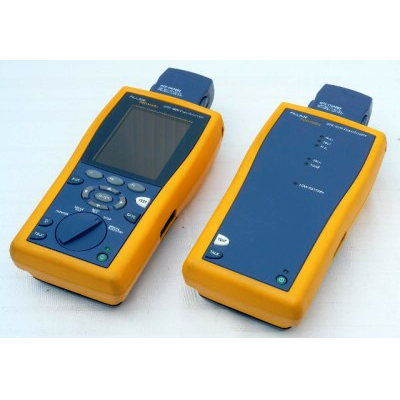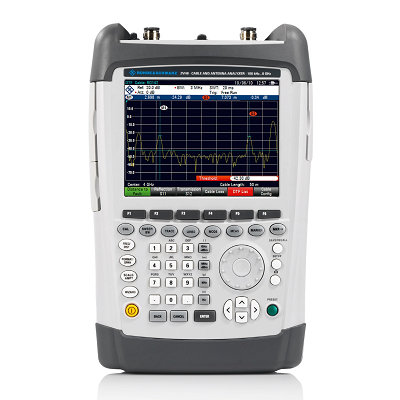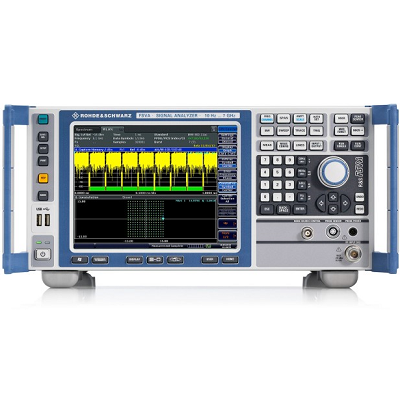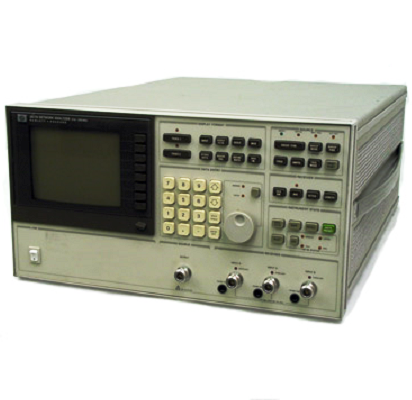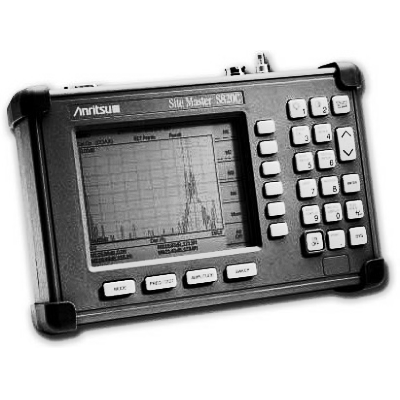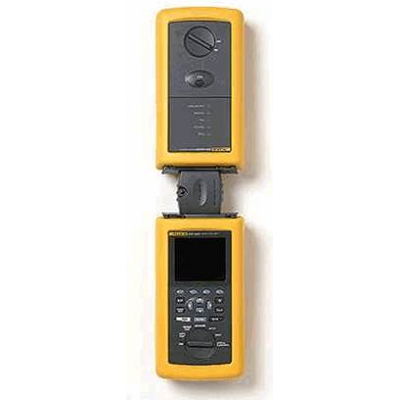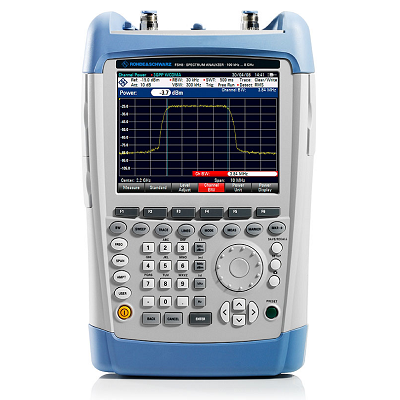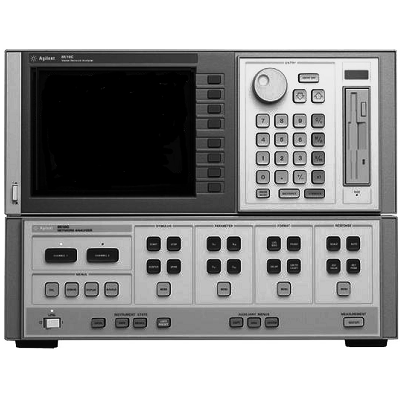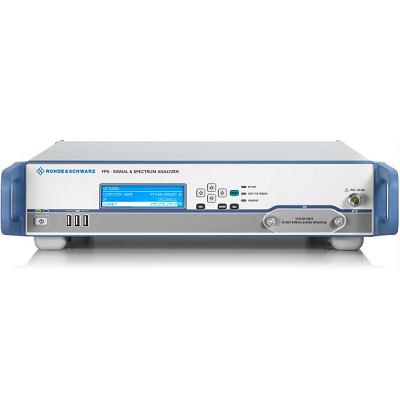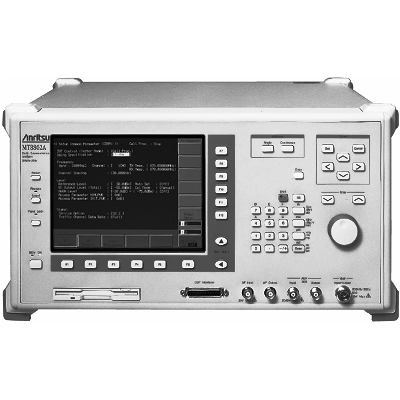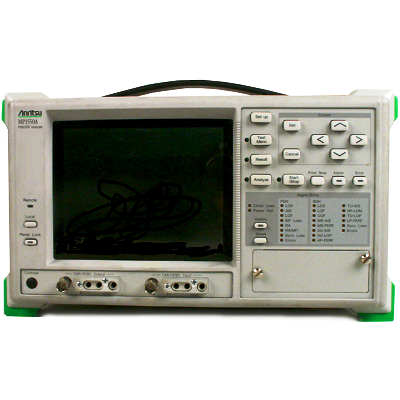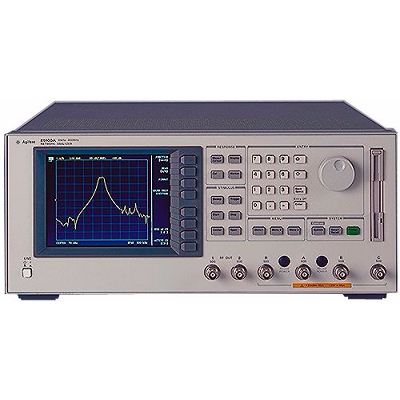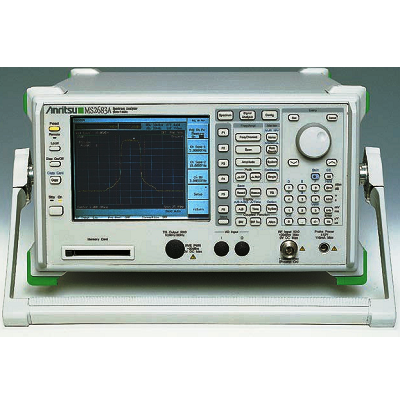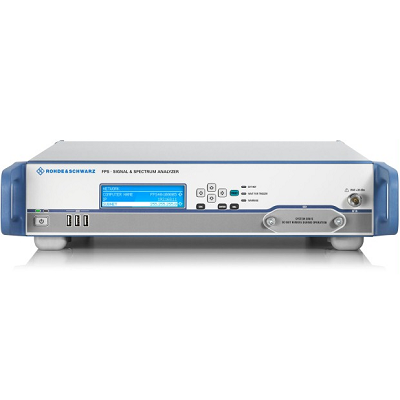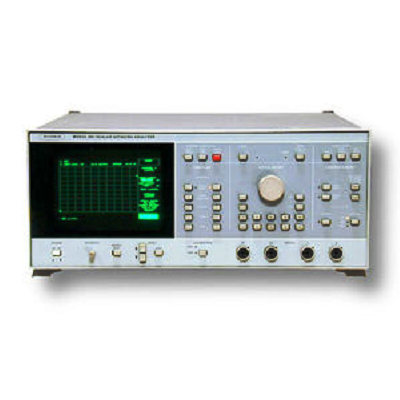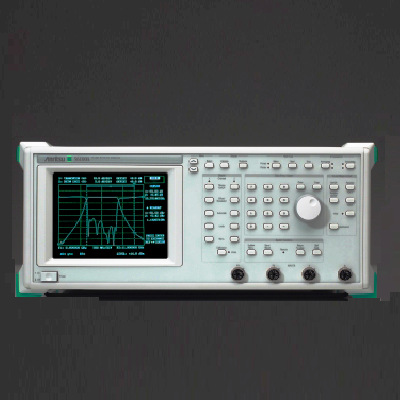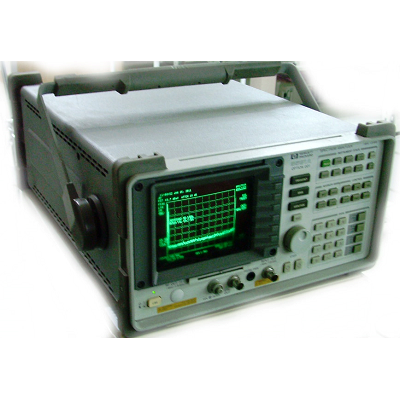ZES Zimmer LMG670 Precision Power Analyzer – 1 to 7 Channels
Description
The Zimmer LMG670 with its unique Dual Path architecture is the long-awaited solution to a well known dilemma. When optimizing designs for power applications with high-frequency content, engineers were forced to choose between analysis on the full power spectrum or a specific portion only. Simultaneous measurements were impossible. To filter, or not to filter – that was the question.
The Zimmer LMG series has conquered a leading market position thanks to its precision and reliability. It has spread throughout the most diverse areas of the electric and electronic industry – in R&D, quality assurance and compliance test labs – and serves universities and academies to train future scientists and engineers.
With the new LMG670 we not only enable you to cope with increased requirements and latest power electronics innovations – we allow you to put yourself and your products squarely in front of the competition.
In times of beginning scarcity of conventional fuels, power analysis plays an important and growing role, especially when it comes to increasing efficiency and minimizing consumption. Wherever electrical energy is turned into motion, losses get scrutinized ever more critically. Inefficient means of speed control are replaced by variable frequency drives (VFD), and electro mobility in all its varieties is gaining momentum. ZES ZIMMER has attended to typical questions in this area and came up with a groundbreaking innovation: our Dual Path architecture makes possible – for the first time in history – concurrent and precise analysis of both the torque-relevant fundamental and the full spectrum for optimization of overall efficiency.
Besides this spectacular innovation we have also implemented numerous other improvements – some obvious, some rather inconspicuous. We have been exclusively dedicated to precision power analysis and sophisticated measurements for decades and have incorporated the resulting treasure trove of experience into the design of the LMG670.
Features
- Simultaneous measurement of narrow- and broadband values through innovative Dual Path architecture
- Simultaneous capturing of fundamental frequency and broadband RMS values for instantaneous detection of losses, resp. high-frequency components
- Harmonics and interharmonics up to 2000. order, as required by EN61000-4-7 With optional I/O card speed/torque inputs freely configurable for all signal types (analogue, frequency as RS422,TTL or HTL) via menu
- Flexible scripting tool for custom applications
- Simultaneous measurement of V, I, P values and harmonics, presentation in tabular or graphical form
- Signal filters freely configurable by frequency, type and characteristics
- Synchronization to up to 7 different frequencies simultaneously
- Flicker measurement, interactions between grid and appliance according to EN61000-4-15
Specifications
| Measurement Channels | Outstanding accuracy of 0.015% of measured value + 0.01% of range |
| Full dynamic range of 500 µA to 32 A / 3 mV to 1000 V per channel available in single instrument | |
| Power measurements from standby to full load (max. 32 A) without mechanical changes | |
| Analog bandwidth DC up to 10 MHz | |
| Modular configuration with 1 to 7 power measurement channels (alternatively 6 channels + 1 I/O card) | |
| Gapless sampling up to 18 bit and cycle time <30 ms | |
| Delay time between V and I input < 3ns, very precise measurements at small power factors (PF) and/or high frequencies | |
| Isolation | All current and voltage inputs are isolated against each other, against remaining electronics and against earth
Max. 1000 V / CAT III resp. 600 V / CAT IV |
| Synchronization | Measurements are synchronized on the signal period. The period is determined based on „line“, „external“, u(t) or i(t), in combination with configurable filters. Therefore very stable readings, especially with PWM controlled frequency converters and amplitude modulated electronic loads. |
| Scope function | Graphical display of sample values over time |
| Plot function | Two time (trend-) diagrams of max. 8 parameters max. resolution 30 ms |
| External graphics interface (L6-OPT-DVI) | VGA/DVI interface for external screen output |
| Process signal interface (L6-OPT-PSI) | 2 fast analog inputs (150 kS/s, 16 bit, BNC)
8 analog inputs (100 S/s, 16 bit, D-Sub:DE-09) 32 analog outputs (output per cycle, 14 bit, D-Sub: DA-15 & DB-25) 8 switching outputs (6 switches with 2 connections each and 2 switching outputs with common negative, D-Sub: DB-25) 8 switching inputs (150 kS / s, in two groups 4 inputs each with common ground, D-Sub: DB-25) Speed-/torque-/frequency inputs (150 kS/s, D-Sub: DA-15) |
| Star-delta conversion (L6-OPT-SDC) | Conversion of line voltages to phase voltages and computation of resulting power |
| Harmonics at device level (L6-OPT-HRM) | Harmonics and interharmonics up to max. 400. order (2,000. order with interharmonics) |
| Flicker (L6-OPT-FLK) | According to EN 61000-4-15 |
| Event triggering (L6-OPT-EVT) | Detection and recording of transient events >825 ns |
| L60-X | LMG600 expansion software, basic module for remote configuration and operation via PC |
| LMG-TEST-CE61K | LMG600 software for conformity tests according to EN61000 for harmonics and flicker |
| User Interface | Large and clearly arranged touch screen GUI for intuitive handling |
| All instrument features displayed, identical look-and-feel for local and remote operation for quick and easy familiarization | |
| Protection class | EN 61010 (IEC 61010, VDE 0411), protection class I / IP20 in accordance with EN 60529 |
| Electromagnetic compatibility | EN 61326 |
| Temperature | 0 … 40°C (operation) / -20 … 50°C (storage) |
| Climatic category | Normal environmental conditions according to EN 61010 |
| Line input | 100 … 230 V, 47 … 63 Hz, max. 400 W |
| Dimensions | |
| Table-top version for 7 slots (W x H x D) | 433 mm x 177 mm x 590 mm
|
| 19” version for 7 slots
(W x H x D) |
84 HP x 4 RU x 590 mm |
| Weight | Depending on installed options: max. 18.5 kg |

